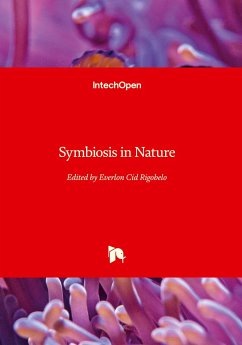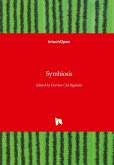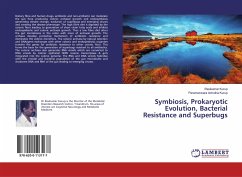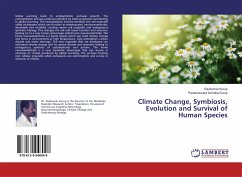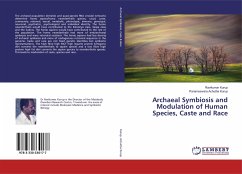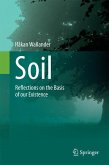Symbiosis is a vital and enduring interaction between two species in nature, benefiting both organisms involved. Mutualism, commensalism, and parasitism are the three main types of symbiotic relationships. Mutualism benefits both species, commensalism benefits one species while leaving the other unaffected, and parasitism benefits one species at the expense of the other. These interactions play a crucial role in maintaining ecosystem stability and functionality. Symbiosis relies on a close genetic, physiological, and morphological connection between the participating species. Numerous examples demonstrate the significance of symbiosis in nature. Nitrogen-fixing bacteria, for instance, convert atmospheric nitrogen into ammonia, which plants can utilize as a nutrient. This process reduces the reliance on chemical fertilizers. Arbuscular mycorrhizal fungi enhance nutrient and water absorption in plants, while certain bacteria in the soil improve nutrient availability, plant development, and photosynthesis. These instances highlight the diverse ways in which symbiosis supports the well-being of different species. This book thoroughly explores various aspects of symbiosis in nature, delving into topics such as signaling, its importance in agriculture, and its role in mitigating abiotic stresses. It also provides a comprehensive exploration of various aspects related to symbiosis in nature, offering readers a valuable opportunity to enhance their understanding of this subject. By offering valuable insights, the book sheds light on the beneficial relationships that exist between different species. Overall, symbiosis is an integral mechanism that promotes the interdependence and cooperation of species in nature. Understanding the complexities and benefits of symbiotic relationships is essential for comprehending and preserving the delicate balance within ecosystems.
Hinweis: Dieser Artikel kann nur an eine deutsche Lieferadresse ausgeliefert werden.
Hinweis: Dieser Artikel kann nur an eine deutsche Lieferadresse ausgeliefert werden.

